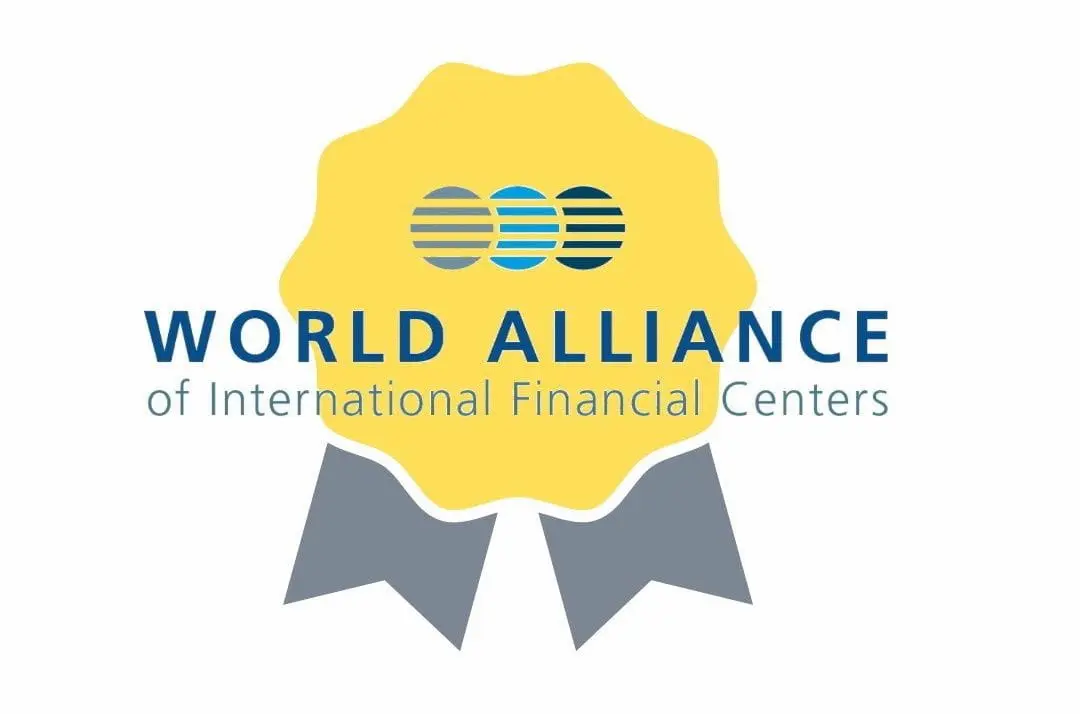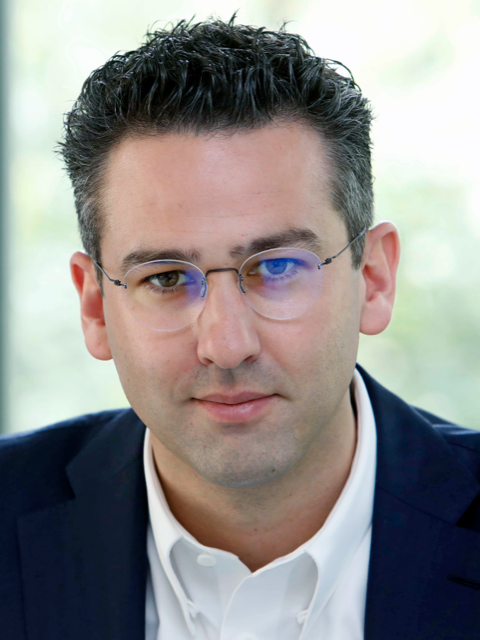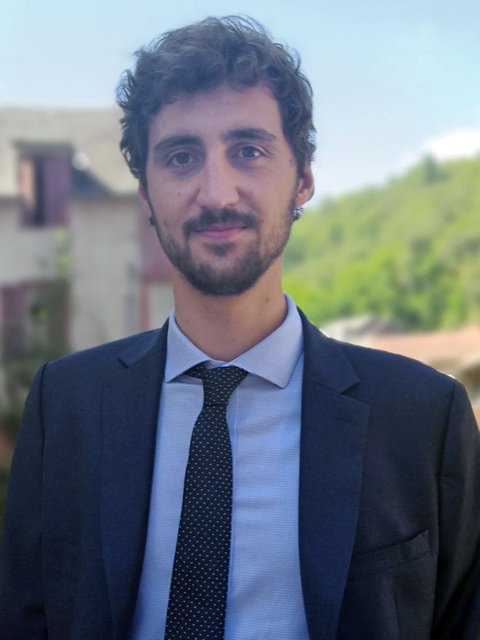
Die vier besten Arbeiten des WAIFC Young Academic Award 2022
Der erste Beitrag stammt von Tristan Caballero-Montes vom Centre for European Research in Microfinance (CERMi), Université de Mons, Brüssel, Belgien, und trägt den Titel: Integrating Market Conditions into Regulatory Decisions on Microfinance Interest Rates: Does Competition Matter?

Zusammenfassung seiner Arbeit:
Microfinance rapidly developed and commercialized, exacerbating competition and the attention paid to profits. In response, many governments have capped microcredit interest rates. Using unique data on interest rate caps and a dataset comprising 1,115 microfinance institutions over 2015-2018, we investigate the effect of such regulatory measures on the loan sizes offered by microfinance institutions, with fixed-effect and two-stage residual inclusion regressions. Going further with a moderation analysis and multiple measurements of competition, we investigate whether market conditions affect this relationship. We find that microfinance institutions facing interest rate caps are associated with larger loans and financial exclusion, and that competition emphasizes this adverse effect. We suggest two mechanisms explaining such results, namely the deterioration of cross-subsidization possibilities and the exacerbation of risk-taking strategies of microfinance institutions, both favored by competition. Therefore, we argue against interest rate restrictions, and for the adoption of a more systemic analysis of regulatory outcomes integrating market conditions.
Sie können das gesamte Papier hier herunterladen.
Der zweite Beitrag stammt von Harshini Moonisamy-Ellapah von der Open University of Mauritius, Réduit, Moka, Mauritius, mit dem Titel: Market Reaction to the Release of Environmental, Social and Governance (ESG) News and Sustainability Reports in Mauritius

Hintergrund ihrer Arbeit:
In recent times, scholars, practitioners, and policymakers have engaged in a lively debate about the need for an urgent global transition towards sustainable development by creating new opportunities for boosting the “co-evolution of the environmental, social and governance (ESG) factors” (Giljum, 2005). It follows that the transition toward sustainable development entails a rapid reorientation and restructuring of national and international institutions toward a stronger emphasis on environmental concerns, effective governance, and better social integration (Steffen et al., 2015; Lo and Kwan, 2017). According to the UNPRI (2015), the non-financial information following the ESG factors – concerns, environment which relate to pollution, gas emissions, climate change, waste management, biodiversity loss, renewable energy, and natural systems; society relates to human well-being, good working conditions, and human rights; and, finally, governance focuses on board size, structure, and independence, gender diversity, skills development, internal control, easy access to information, ethical codes, shareholder relations, and engagement.
Sie können das gesamte Papier hier herunterladen.
Der dritte Beitrag stammt von Paul Momtaz von der TUM School of Management, Technische Universität München, Deutschland, und trägt den Titel: Financing Sustainable Entrepreneurship: ESG Measurement, Valuation, and Performance in Token Offerings

Zusammenfassung seiner Arbeit:
Sustainable Entrepreneurship (SE) seeks to attain profitability and sustainability goals. A major research gap concerns the economic attractiveness of SE for entrepreneurs and investors. The question is ambiguous because sustainability orientation creates costly constraints, while startups cannot fully appropriate their positive externalities. We relate startups’ Environment, Society, and Governance (ESG) properties obtained from a machine-learning approach (www.SustainableEntrepreneurship.org) to SE valuation and performance in token offerings. Startups with salient ESG goals are able to raise financing at more favorable valuations, incentivizing entrepreneurs to adopt ESG goals in the first place. However, their post-funding performance is weaker than in conventional startups, suggesting that investors incur a relative financial loss for backing sustainability-oriented entrepreneurs.
Sie können das gesamte Papier hier herunterladen.
Der vierte Beitrag stammt von Victor Saint-Jean von Sciences Po, Paris, Frankreich, mit dem Titel: Exit or Voice? Divestment, Activism, and Corporate Social Responsibility

Zusammenfassung seiner Arbeit:
Should investors screen out non-responsible firms from their portfolio, or invest in them and engage with the management? This paper evaluates the relative effectiveness of those exit (divestment) and voice (activism) strategies to incentivize firms to adopt more sustainable business practices. Using data on mutual funds, I find that activism is more effective than the threat of divestment to limit the anti-social behavior of US firms. I propose a novel quarterly classification of mutual fund companies as divestor, activist, both, or none, based on their portfolio holdings and votes at companies’ meetings on Corporate Social Responsibility (CSR) proposals. Using large investor redemptions as plausibly exogenous shocks to funds’ influence, I identify the impact of each group on firms’ anti-social behavior, measured by the probability of having a controversy reported in the media. The main result is that only activist funds successfully pressure firms to behave better. I find that when such a fund is forced to sell 1% of a firm’s equity, it increases the probability of controversy in the next 10 months by 1%. The effect is concentrated among firms with the lowest level of CSR: for them, the effect increases to 5% and lasts for more than 15 months. On the contrary, I find no evidence that divestor funds reduce firms’ anti-social behavior. Finally, I do not find any spillover effect from pro-social activism to environmental and governance controversies.
Sie können das gesamte Papier hier herunterladen.
Stimmen Sie hier für Ihren Favoriten ab
Unsere Vorsitzende des Vorstandes wird den Gewinner des besten Beitrags bekannt geben, der mit einem Geldpreis in Höhe von 3.000 € dotiert ist. Die Zweit- und Drittplatzierten erhalten Preise in Höhe von 2.000 € (2. Platz) und 1.000 € (3. Platz). Die Jahreshauptversammlung der WAIFC findet vom 19. bis 21. Oktober 2022 in Casablanca, Marokko, statt.
